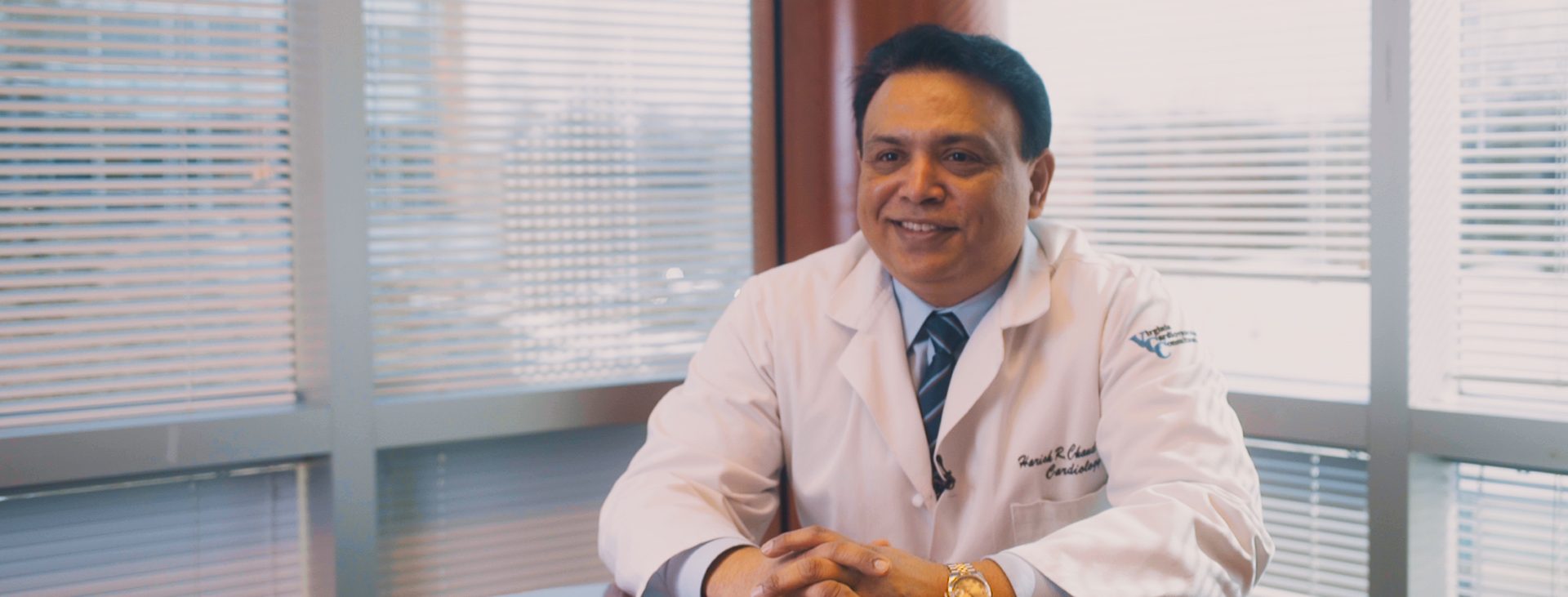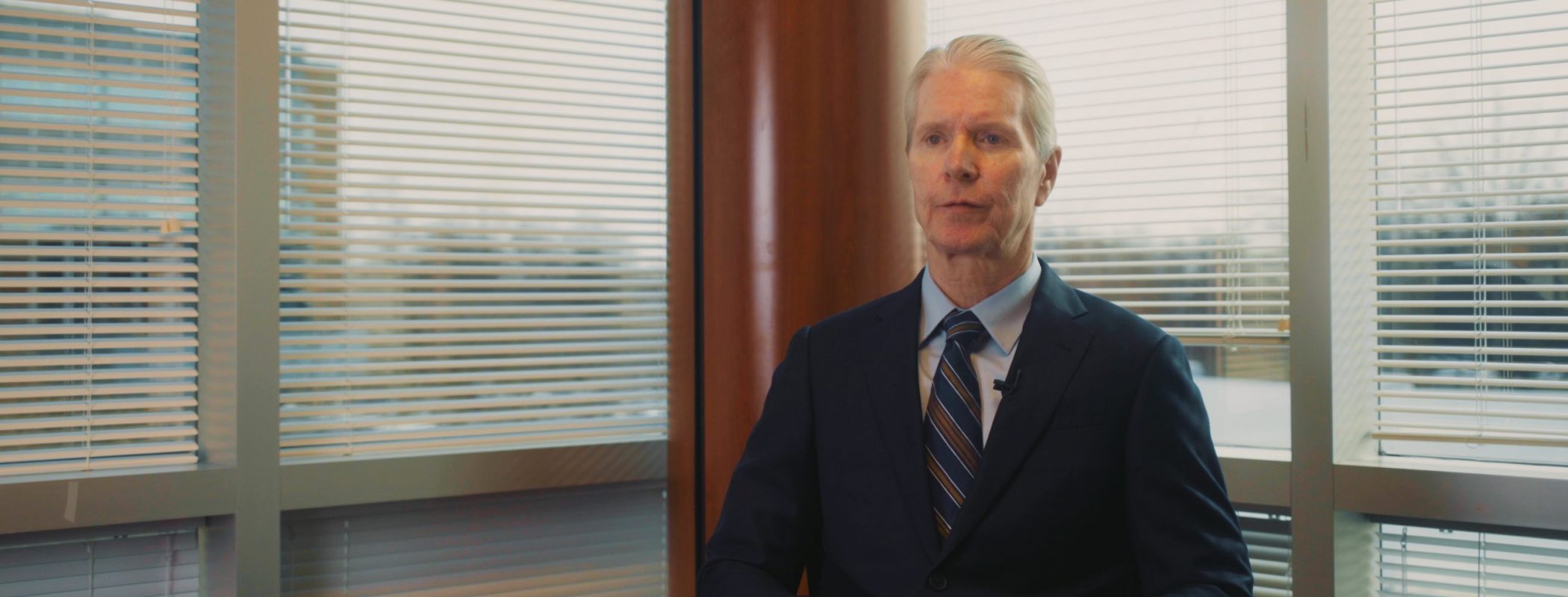Your doctor has ordered a nuclear medicine stress test to image your heart under stress (while exercising) and at rest. This test involves the injection of a radioactive “tracer” that allows the heart muscle to be seen on the Nuclear Medicine camera. This test is especially useful in diagnosing coronary artery disease, the presence of blockages in the coronary arteries that supply oxygen-rich blood to the heart muscle. The radioactive tracer used is administered in a very small and safe amount. However if you are pregnant, suspect you might be pregnant or are nursing be sure to let the technologist know.
Upon arrival you will be given a description of the test and asked to sign a consent form. An IV will be inserted in a vein in your arm. You will receive an injection of the radioactive tracer which allows imaging of your heart. You will then be asked to wait for approximately 45 minutes.
For the first scan, you will be asked to lie down on the scan table on your back with both arms above your head. The camera will move slowly around you. This scan takes about 15 minutes. If you have problems with arm mobility or claustrophobia please discuss this with your doctor prior to the test.
You will then be brought into the Stress Laboratory. Several electrodes will be placed on your chest to record your heart’s activity during the test. The technologist may need to shave your chest. In order to maintain excellent contact between the skin and electrodes, the technologist will lightly scrub the skin under each electrode.
If you are walking on the treadmill, the exercise portion will become progressively more difficult until your target heart rate is reached. You will then receive a second injection of the radioactive tracer.
If you are having a pharmaceutical stress test instead of the treadmill, you will receive your second tracer injection during the medication infusion.
If you experience symptoms of chest pain, discomfort, dizziness, or shortness of breath during the procedure, let the nurse know immediately.
After the stress portion, you will be offered a light snack. The waiting time between the stress portion and second scan is 30 minutes to 1 hour depending on the type of test administered.
You will then lie on the scanning table again with your arms above your head for the second scan.
The two sets of pictures will then be compared to determine if there is a blockage in blood supply to the heart muscle.
Procedure Preparation
The Nuclear Medicine Stress Test takes approximately four hours to complete. You are encouraged to bring a book, or some other means to pass the time quietly. You will be able to drive yourself home after the test is completed.
Wear loose comfortable clothing with walking or tennis shoes. You will be asked to remove everything above the waist and given a patient gown to wear.
Do not eat anything after midnight the night before the procedure (or as instructed by VCC staff)
Follow your doctor’s instructions with regards to your medications.
DO NOT HAVE ANY CHOCOLATE, CAFFEINE, OR DECAFFEINATED PRODUCTS FOR 12 HOURS PRIOR TO TEST TIME. This includes “caffeine-free” products and some prescription and over-the-counter medications. If you have questions, contact your pharmacist.

